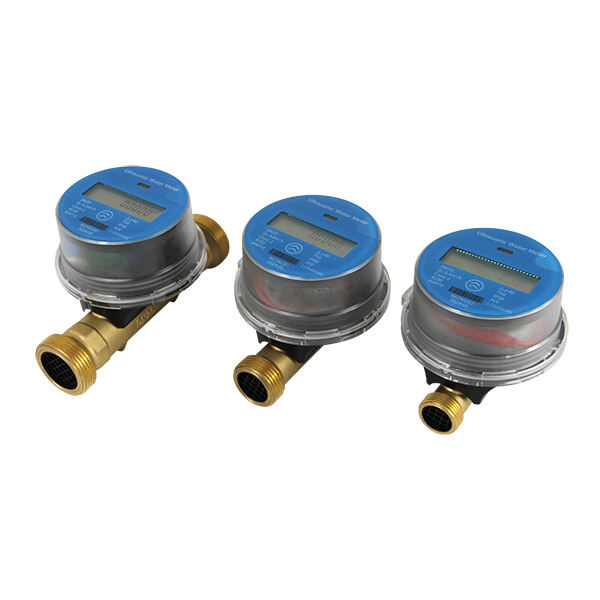
The water flow meters offered by the company use ultrasound as the main measuring technique. These ultrasonic water flow meters measure the water’s volume or velocity accurately and in real time while passing through the pipes. Their design enables them to withstand diverse water quality and flow rate conditions. This allows for use in numerous water-related applications, from domestic water supply to industrial-scale water management.
